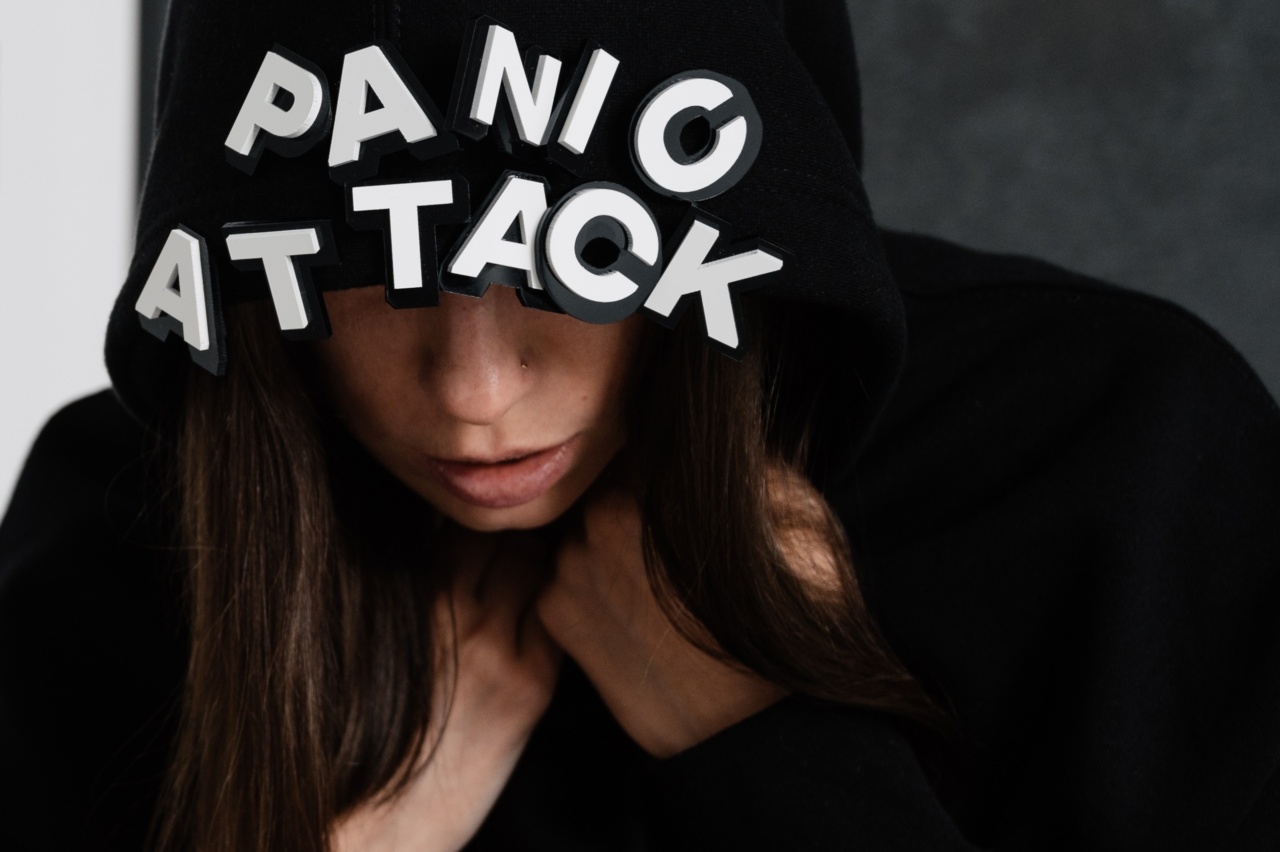Caffeine is one of the most widely consumed psychoactive drugs in the world. Found naturally in coffee beans, tea leaves, and cocoa beans, caffeine is also a popular additive to soft drinks, energy drinks, and certain medications.
It is known for its ability to increase alertness, improve concentration, and enhance physical performance. However, caffeine can also have negative effects on both physical and mental health. One potential risk associated with caffeine consumption is the development of panic attacks.
In this article, we will discuss what panic attacks are, how caffeine can trigger them, and what steps you can take to manage your caffeine intake and reduce your risk of experiencing a panic attack.
What Are Panic Attacks?
A panic attack is a sudden, intense episode of fear or dread that typically lasts for several minutes. It can be accompanied by physical symptoms such as a rapid heartbeat, sweating, trembling, and shortness of breath.
Panic attacks can occur out of the blue or in response to a specific trigger, such as a phobia or stressful situation. They can be extremely distressing and can interfere with daily life. Some people may experience only one or a few panic attacks in their lifetime, while others may develop panic disorder, a condition characterized by frequent, recurring panic attacks.
How Caffeine Can Trigger Panic Attacks
Caffeine stimulates the nervous system and increases the production of adrenaline, a hormone responsible for the “fight or flight” response.
While this can be beneficial in certain situations, such as when we need to stay alert and focused, it can also be problematic if the body experiences too much adrenaline. Some people are more sensitive to caffeine than others, and for those who are, consuming even small amounts of caffeine can trigger a panic attack.
This is because the adrenaline surge that accompanies caffeine consumption can mimic the physiological symptoms of a panic attack, such as a rapid heartbeat and shortness of breath. Additionally, caffeine can increase anxiety and exacerbate underlying mental health conditions, such as generalized anxiety disorder.
Signs That Caffeine May Be Triggering Your Panic Attacks
If you are prone to panic attacks and consume caffeine regularly, it is important to be aware of the signs that caffeine may be contributing to your symptoms. Some potential symptoms include:.
- Increased heart rate or palpitations
- Shaking or trembling
- Sweating or feeling hot and flush
- Feeling jittery or restless
- Difficulty falling asleep or staying asleep
- Increased worry or anxiety
- Difficulty concentrating
If you notice that you experience these symptoms after consuming caffeine, it is possible that caffeine may be triggering your panic attacks.
Reducing Your Caffeine Intake
If you suspect that caffeine may be contributing to your panic attacks, reducing your caffeine intake can be a helpful first step. Here are some tips for cutting back on caffeine:.
- Gradually decrease your caffeine intake over a period of several weeks to avoid withdrawal symptoms.
- Reduce your consumption of coffee, tea, and soda, or switch to decaffeinated varieties.
- Avoid energy drinks and other products that contain high amounts of caffeine.
- Read labels carefully to identify hidden sources of caffeine, such as certain medications and chocolate.
- Experiment with other beverages, such as herbal tea or water infused with fruit or herbs.
- Get enough sleep and eat a healthy diet to help improve your energy levels naturally.
It is important to note that cutting out caffeine entirely may not be necessary or even desirable for everyone.
Some people can tolerate caffeine without any negative effects, and others may find that small amounts of caffeine are helpful in managing certain health conditions, such as migraines. The key is to be aware of your individual tolerance for caffeine and to make adjustments as needed.
Other Tips for Managing Panic Attacks
In addition to reducing your caffeine intake, there are other strategies you can use to manage your panic attacks:.
- Practice deep breathing and other relaxation techniques to help reduce anxiety.
- Engage in regular exercise to help manage stress and improve mood.
- Get enough sleep and maintain a regular sleep schedule.
- Avoid alcohol and drugs, which can exacerbate anxiety and panic symptoms.
- Consider talking to a mental health professional or joining a support group to learn more about panic disorder and strategies for managing it.
Conclusion
Caffeine is a widely used and generally safe substance, but it can have negative effects on mental health in some people.
For those who are sensitive to caffeine, consuming it can trigger panic attacks, which are sudden, intense episodes of fear or dread. If you experience panic attacks and consume caffeine regularly, reducing your caffeine intake may be helpful in managing your symptoms.
Other strategies, such as deep breathing, exercise, and avoiding alcohol and drugs, can also be helpful in managing panic attacks. If you are struggling with panic attacks, it is important to talk to your healthcare provider or a mental health professional for guidance and support.






























